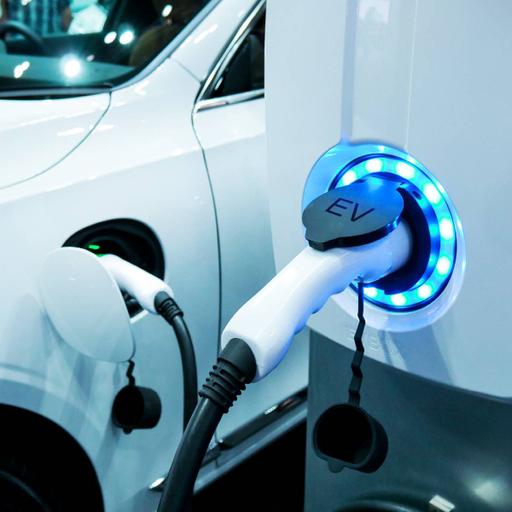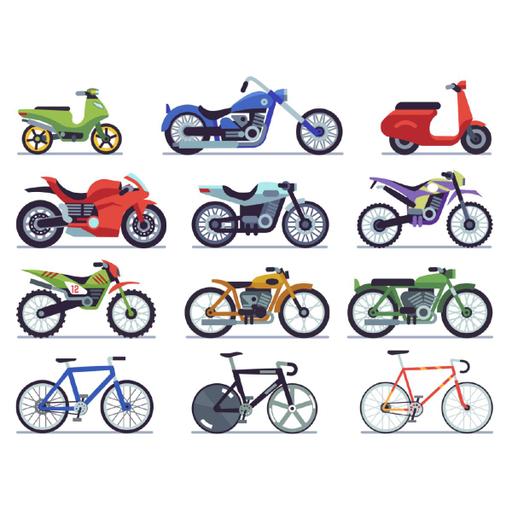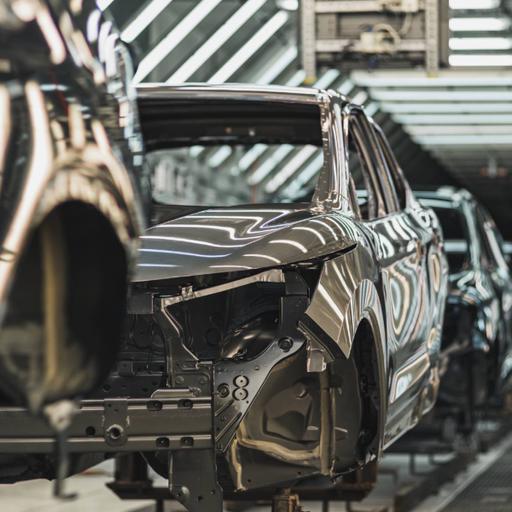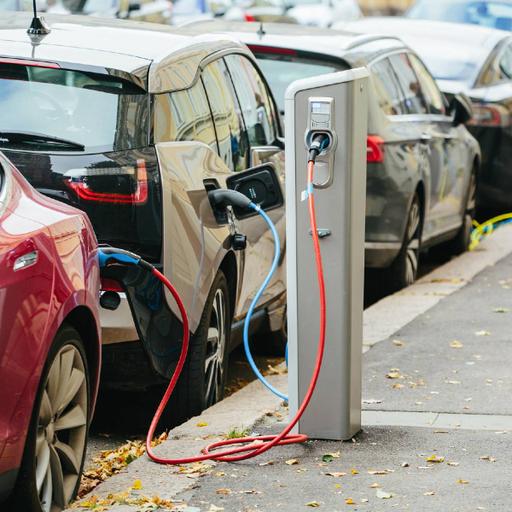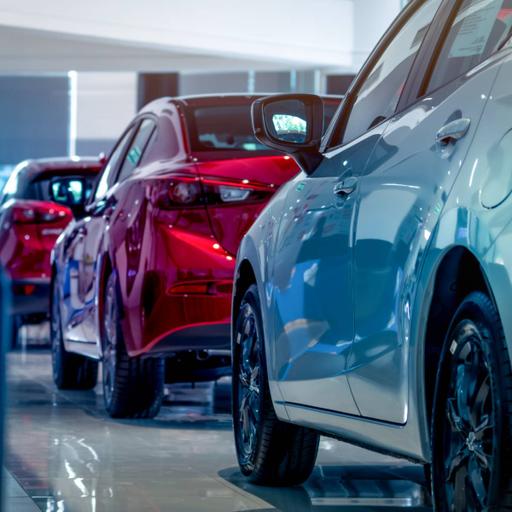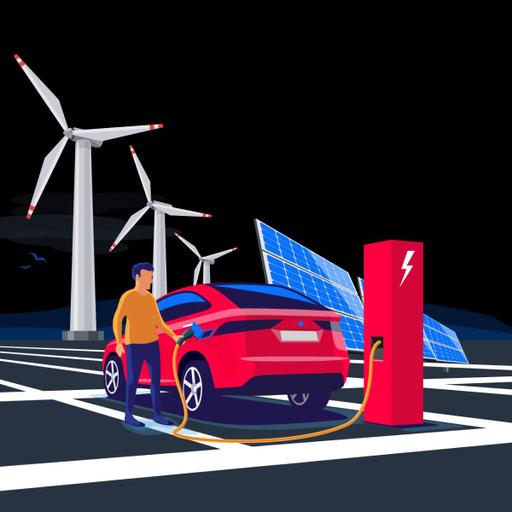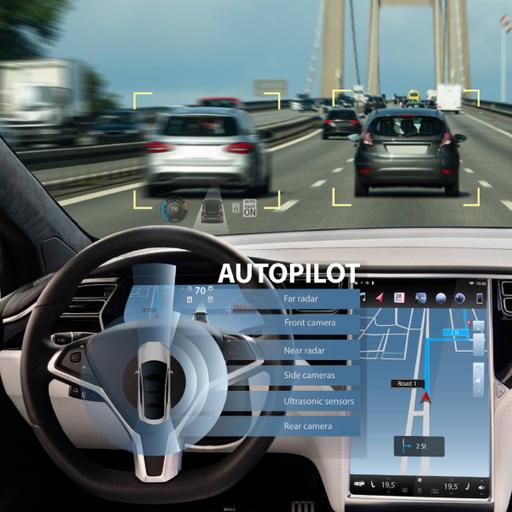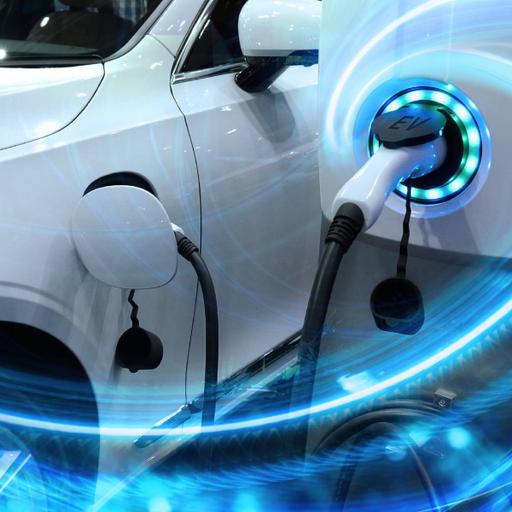Automobiles
Automobiles are one of the most significant and well-known innovations ever made. Our lives would be drastically different if we didn't have autos. Automobiles altered people's travel patterns and lifestyles. There would be no drive-ins, drive-thru fast food restaurants, or shopping malls if people didn't have cars. People rely on their cars for a variety of reasons, including earning a job and getting to their favourite vacation destination. Automobiles have had a long and arduous history. From the earliest self-propelled road vehicle in the 1790s to today's contemporary road machine, the automobile has had a difficult path to travel (pun intended). When cars were originally mass-produced, many people derided them, and the expression "Get a horse" was frequently heard. Despite these setbacks, the automobile has gone on to become one of the most indispensable devices ever created. A fire at the Olds Motor Works in Detroit prompted the development of the first vehicle manufacturing line. As a result, Olds signed contracts with local machine shop owners to manufacture many of his automobiles' parts. The company produced 425 automobiles using this approach in 1901, 3750 in 1902, and 500 in 1903. The majority of vehicle manufactures followed Olds' lead and used mass production. The notion of interchangeable parts was created by Henry M. Leland, president of the Cadillac Automobile Company. Because the interchangeable parts could be used to assemble or repair any car of the same model, this was a significant step.

